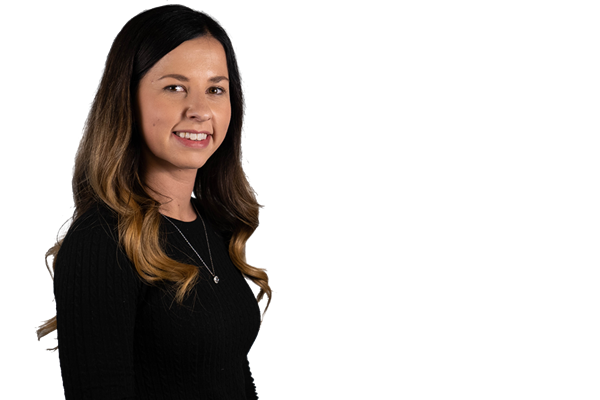Conveyancing Questions and Answers with Natalie Couling

Purchasing a house is an often daunting process with many different stages needing to be completed to ensure a smooth transition. Whether you're a first-time buyer or a seasoned property investor, navigating the intricacies of conveyancing can be challenging.
Natalie Couling, head of the Residential Conveyancing department with over 10 years’ experience in conveyancing specifically, has answered some of the most frequently asked questions when it comes to the process of buying or selling a home:
1. At which point should I instruct a solicitor for my house move?
On a sale you should instruct your conveyancer as soon as possible. This allows you time to complete all of the required documents to enable your solicitor to start your transaction as quickly as possible once a buyer has been secured.
On a purchase, I would suggest you obtain quotes and find yourself a conveyancer as soon as you start looking. Then once you have secured a property to purchase you can instruct your chosen solicitor straight away.
2. At which point should I apply for a mortgage?
Before you begin your property search you will need to look into the level of mortgage you will be able to secure. The lender will give you a decision in principle which most estate agents will require you to have in order to prove that you will be able to afford the property. Once you have found a property to purchase, you can then proceed with the full mortgage application.
3. What is Gazumping?
Gazumping is when, after a sale of a property is agreed, another party comes in to offer a higher price for the property which is then accepted. This means that the original purchaser would lose out on the property.
4. What is the difference between exchange and completion?
Exchange of contracts is affected by the conveyancers and will legally bind your transaction. Prior to this the transaction is not binding and either party can withdraw without penalty. The exchange of contracts will set the completion date for your transaction. Completion is the day on which the legal ownership of the property is transferred, and the parties physically move.
5. How do I find out if there are building or development plans nearby?
During your purchase transaction your chosen solicitor will conduct a Local Authority Search which will detail any planning permissions that could potentially affect the property. If you wish to know about developments which may affect the neighbouring properties or local area, a separate planning search can also be conducted. A planning search will usually provide you with details of any existing consents or applications relating to property within a 250 metre radius.
6. Why and when should I complete a property survey?
Conveyancing is on the basis of buyer beware; therefore, it is for you as the buyer to be satisfied when it comes to the condition of the property - your solicitor will not physically inspect the property themselves to assess the condition. You may not be able to make a claim for any defects against the seller for anything which would have been flagged by conducting proper inspections and investigations. Therefore, it is always best to have your survey conducted as soon as possible so you are fully aware of the condition of the property and any other items which may affect your decision to proceed with the purchase.
More about Natalie’s work
Natalie is a Licensed Conveyancer and head of the Residential Conveyancing department, with over 10 years’ experience within conveyancing. She specialises in dealing with a wide range of residential conveyancing transactions including the sale and purchase of both freehold and leasehold property, new builds, transfers of equity and re-mortgages. Her wide range of knowledge and expertise makes her a highly sought-after professional in the field.
If you need a conveyancing solicitor to support you through buying, selling, or re-mortgaging a house; contact Natalie today.

